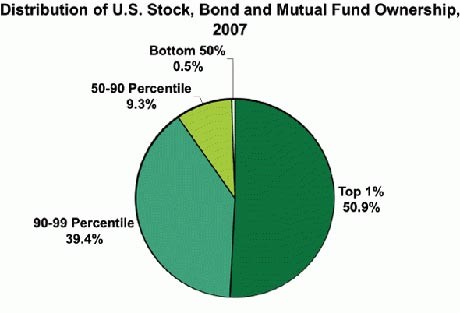5 Problems With Mutual Funds That You Should Know About
Post on: 18 Июль, 2015 No Comment

First, let me start off by saying that there are several advantages of investing in mutual funds and I do use mutual funds in my portfolios. However, there are several disadvantages of investing in mutual funds that may not be obvious to new investors. In this article, Ill review some of the problems with mutual funds that I have discovered over the years.
5 Problems With Mutual Funds
1. Expenses
Mutual funds can be your friend and your enemy when it comes to expenses. On the plus side, some mutual funds do not have transaction fee making it a perfect investment vehicle for someone that contribute a small amount on a regular basis i.e. automatic investment. On the down side, mutual funds charges annual expense ratio on the entire investment. For example, if a fund has an expense ratio of 1% and you have $10,000 in investment, the annual expense is $100. This is not too bad. However, if you have $250,000, the annual expense is $2,500 thats a lot of money!
This disadvantage does not include the many pitfalls, such as upfront load and back-end load.
- Upfront load is the amount of money some mutual funds charge for buying your shares. For example, if you invest $10,000 in a fund that charges 2% upfront load, $200 is deducted right away and only $9,800 is invested.
- Back-end load, or redemption fee, is the amount of money some mutual funds charge for selling your shares. For example, if you are selling $10,000 out of a fund that charges 3% back-end load, youll walk away with only $9,700.
2. Sub-Optimal Purchases
Mutual funds manager cannot hoard cash. When investors buy shares of a mutual fund, the fund manager must turn around and buy shares of stocks that fit within certain guideline specified by the prospectus. For example, if its a Small Value Fund, the manager cannot buy a Large Growth stock even if it represents a better buying opportunity. Additionally, if there are not enough good buying opportunities to choose from, the fund manager is forced to buy stocks that are less desirable.
See my Morningstar Style Box article for explanation of large versus small, and growth versus value.
3. Over Diversification
Either by design, or as a consequence of the problem explained above, many mutual funds suffer from over diversification. Basically, the fund has so much cash that it is forced to own hundreds of stocks within its classification. Consequentially, its impossible for the fund manager to focus on the high potential stocks and the mutual fund becomes a closet index fund i.e. simply reflecting the average within that particular group.
4. Forced Redemption
Similarly, fund manager is forced to sell stocks when investors sell shares of mutual fund and the fund doesnt have enough cash reserve to meet the demand. Since rushes of redemption usually happen when the market decline sharply i.e. a correction or a bear market this is usually the worst time to sell stocks. However, the fund manager has no choice and has to sell underlying stocks even if its not the best financial decision to do so.
5. Tax Consequences
Lastly, mutual funds have a strange characteristic when it comes to taxes. You could owe tax even if the value of your investment is going down! When a fund sells a stock for a profit whether its by design or forced it passes the tax bill on to you in the form of annual capital gains distribution. If your timing is bad, for example, you buy just before the fund makes its capital gains distribution or you buy during the year that the fund manager is taking a lot of profit, you could end up paying a very big tax bill for no good reason.
How To Avoid Mutual Funds Problems and Pitfalls
As I mentioned at the beginning, mutual funds make sense for some investors under certain circumstances. However, there are occasions when you want to choose other alternatives. In my opinion, one of the best alternatives is Exchange-Traded Funds (ETFs). Although you have to pay trade commissions, the expense ratio is much lower than an equivalent mutual fund. And due to how ETFs are created, the remaining four problems are virtually eliminated.














